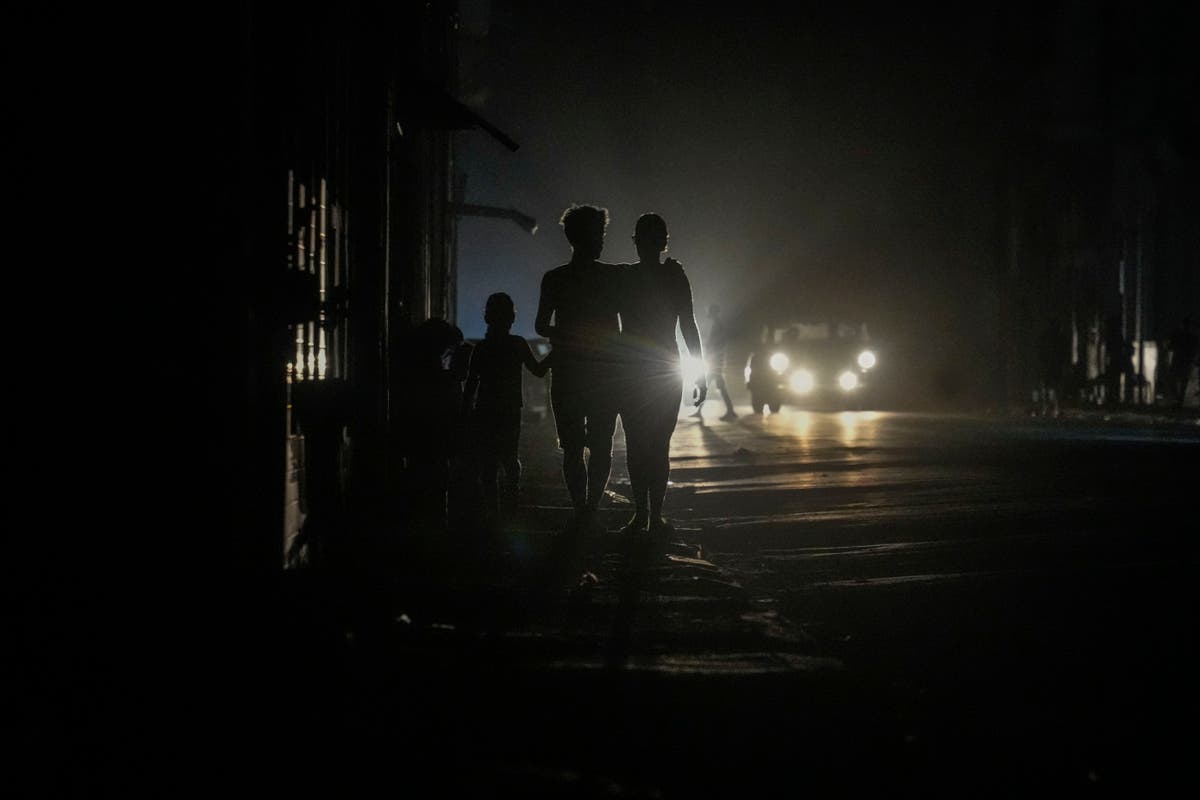Britain's energy grid narrowly avoided a potential blackout this week as extreme cold pushed demand to critical levels. The National Energy System Operator (NESO) requested an extra 1,700 megawatts of power, a substantial amount equivalent to three gas-fired power plants, to maintain supply.
Despite the close call, blackouts are not imminent, according to NESO. The operator issued notices to ensure adequate reserves, a routine measure for winter months. However, independent energy consultant Kathryn Porter highlighted the precarious situation, stating that the system operated "within a whisker of blackouts".
The heightened demand stemmed from the coldest nights of the year, pushing temperatures below zero degrees Celsius. This illustrates the vulnerability of the grid when reliance on weather-dependent energy sources, like wind and solar, is high.
The UK's electricity needs peaked during evening hours, a common occurrence in winter. The National Grid noted a potential shortfall of 1,120 megawatts but managed to avert the critical situation.
The close shave underscores the complex interplay between fluctuating energy demand, weather conditions, and the need for reliable energy generation. NESO's measures, while routine, reflect the ongoing challenges of maintaining a stable grid in the face of unpredictable weather patterns and evolving energy technologies.
Experts warn of the increasing risk of grid instability as renewable sources become more prominent. A prolonged period of adverse weather could exacerbate the problem. The UK government will provide 48 hours' notice for potential blackouts, giving residents time to prepare.







